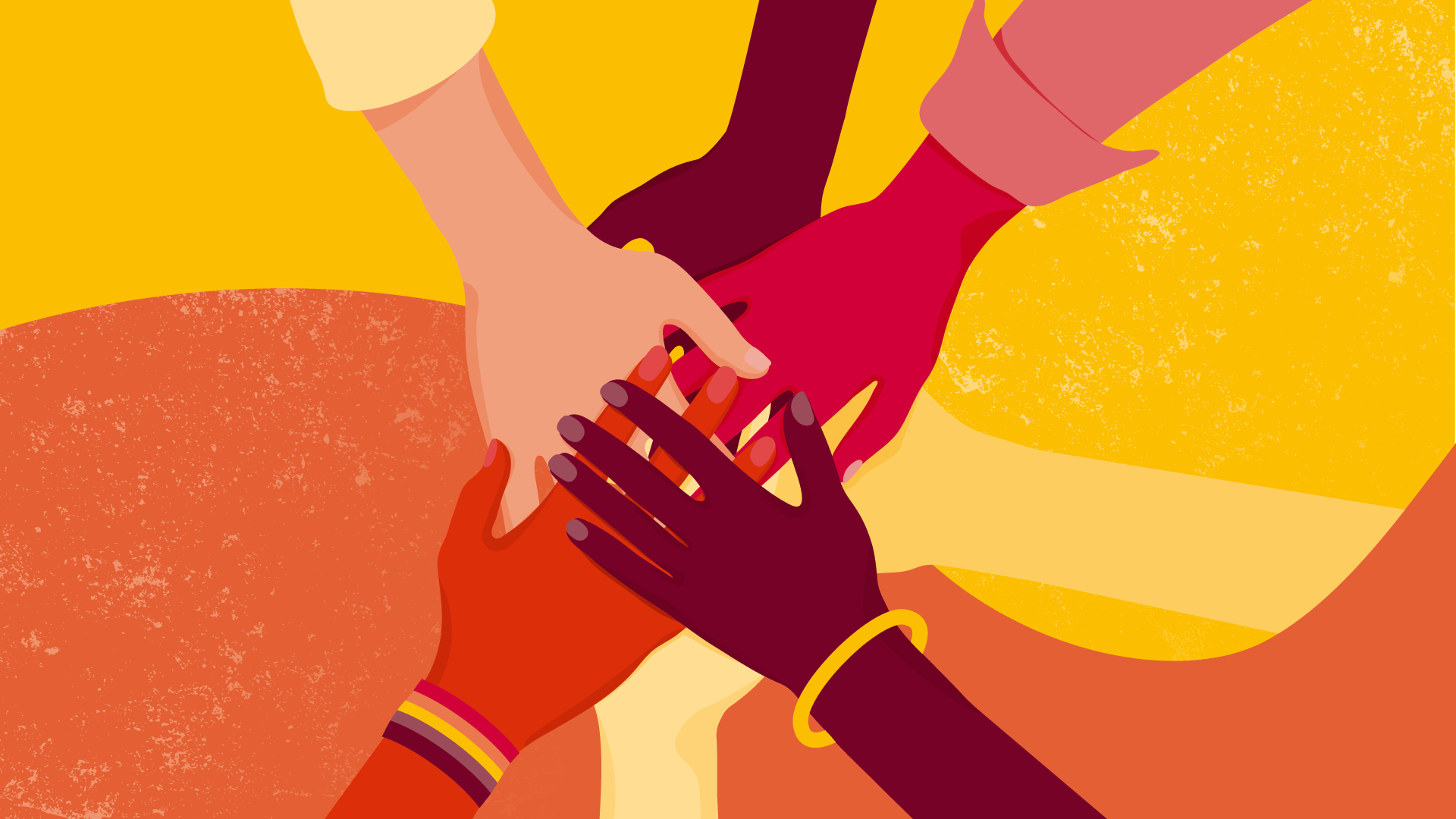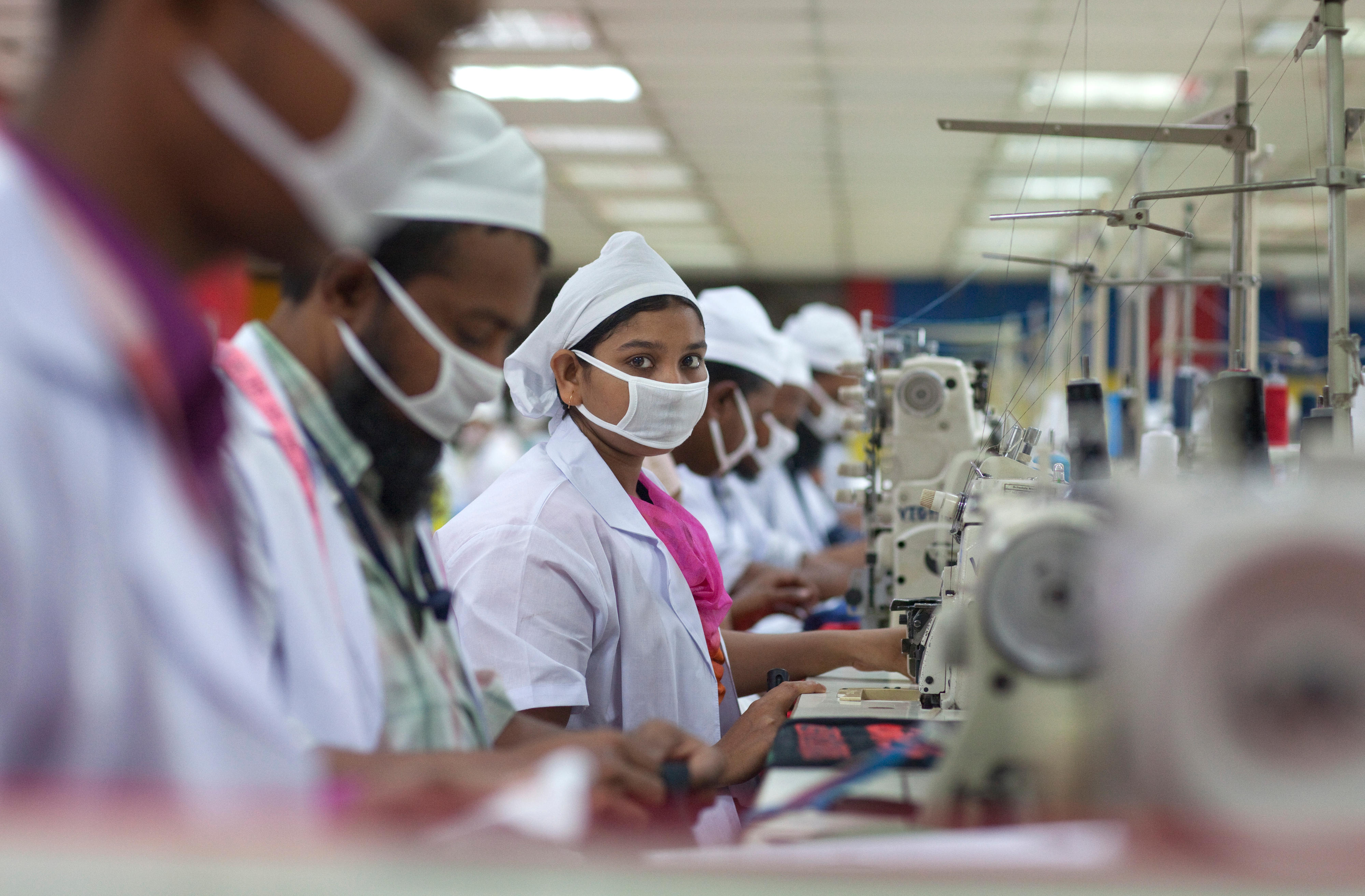Radisson Garments Ltd. textile factory in Dhaka, Bangladesh. Here textiles are produced according to the Green Button standards.
Copyright© Ute Grabowsky/photothek.net
Core area “Sustainable economic development, training and employment” Improving working conditions and training opportunities
Vocational education and training
The Bangladesh government wants to create job opportunities for its growing population and drive forward the training of skilled workers. German development cooperation activities here build on existing measures to train and upskill workers in the textile sector and are helping to develop new vocational training opportunities in the field of renewable energies.
Socially and environmentally sound supply chains, trade and sustainable infrastructure
Germany is supporting efforts to achieve a socio-economic transition of Bangladesh’s economy with a view to improving working conditions and safety standards for employees in Bangladesh’s textile sector. In addition, in keeping with the concept of a feminist development policy, there is a special focus on promoting women’s participation.
These efforts, carried out in cooperation with the International Labour Organization (ILO), have culminated in the launch of the country’s first-ever system of accident insurance for people engaged in manufacturing textiles, clothing and leather goods.
To assist Bangladesh universities and vocational training institutions in their efforts to align their courses better to the needs of sustainable textile production, networking with German universities and the inclusion of the private sector are being fostered. In addition, Germany is helping Bangladesh to train state-approved health and safety inspectors and to ensure the proper disposal of industrial waste and sewage.
Challenges and opportunities
Bangladesh has only a couple of years left to prepare its economy for the challenges the country will be facing once it graduates from the group of Least Developed Countries (LDCs) in 2026 and once the trade privileges granted by the EU come to an end – which will probably happen in 2029. Great deficits also continue to exist in the social sector, for instance with regard to implementing all the ILO conventions.
The economic growth of the past few years did create scope for investment, which was supported by the government’s market-friendly reform course. However, proactive industrial development and rapid expansion of energy production have been carried out at the expense of environmental sustainability.
With economic growth now back to between five and six per cent a year, following the slump caused by the COVID-19 pandemic in 2020/2021, there is an opportunity for socio-ecological transformation of the economy in Bangladesh but there are also risks.
As at: 15/01/2024


